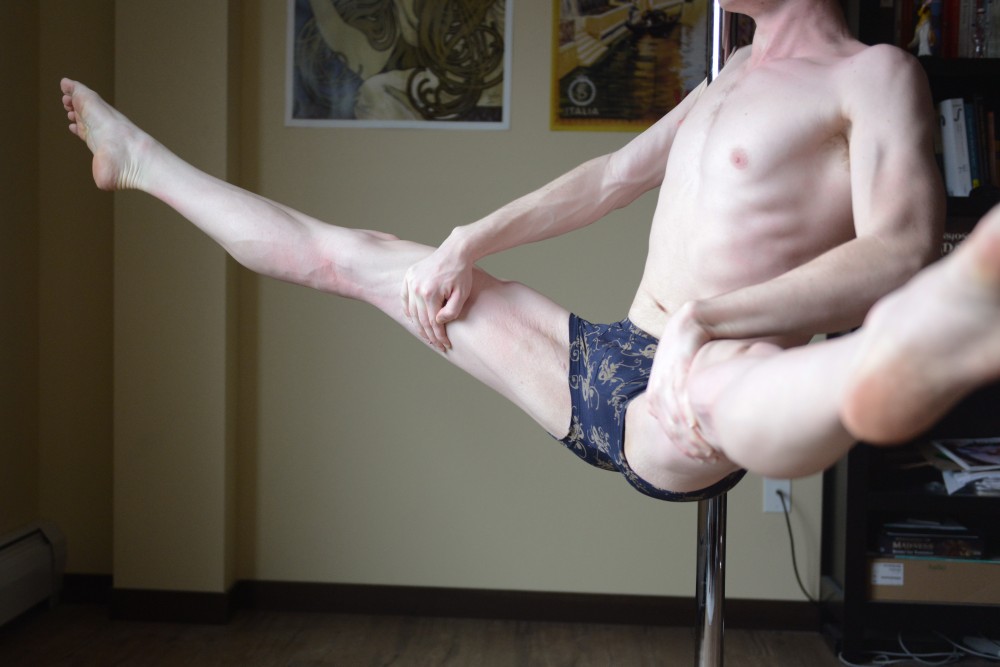As Minneapolis mulls stricter strip club regulations, St. Paul’s history with the industry may inform what effects changes could have.
Minneapolis city council members said they would consider policy changes after a report last month on the working conditions of entertainers. But the current regulations stand in stark contrast to those of neighboring St. Paul.
The introduction of city ordinances in St. Paul tightened strip club licensing in past decades. Now, St. Paul has one strip club to Minneapolis’ 17.
“The City of St. Paul passed many ordinances in the late 80s and early 90s pertaining to adult entertainment,” said Robert Humphrey, public information officer for St. Paul’s Department of Safety and Inspections in an email to the Minnesota Daily. “If an individual wanted to open a new establishment, the location would be severely limited under St. Paul legislative code.”
These codes limit the nudity allowed in strip clubs. St. Paul’s only strip club, The Lamplighter Lounge, requires that nude dancers perform behind a wall of glass to better meet these standards.
Humphrey said the regulations have had an overall positive impact on the city and residents haven’t asked for any new clubs.
After a presentation on March 27 revealed gaps in strip club safety standards and entertainer treatment, Minneapolis council members are considering toughening their regulations too.
“There were a variety of concerning issues … with unsafe or unhealthy working conditions,” said Ward 2 Council Member Cam Gordon,
While he doesn’t yet know what types of regulations the city will enact, Gordon said the council will work with Lauren Martin, the research director from the University of Minnesota’s Urban Research and Outreach-Engagement Center who presented the study.
Gordon said this could make licensing more difficult for clubs, but was not worried it would hurt business.
“We could potentially impose fines if there are violations,” he said.
Eric – a student at the University who freelance pole-dances at Minneapolis bar Gay 90’s and requested partial anonymity – said such regulations are complicated. He said he has experienced harassment at work, but because he freelances, he can walk away from bad situations.
Non-freelance dancers don’t have that ability, he said.
“People are going to [strip] anyways, so you might as well make it safe,” he said, adding that he thinks shutting down strip clubs would make the situation worse.
To prevent harmful regulations, Martin said the city council should make sure to involve strip club workers in the conversation.
“The best way to ensure that there are not unanticipated outcomes is to engage with workers in a way that is safe and allows them to participate without harming their employment,” she said.








